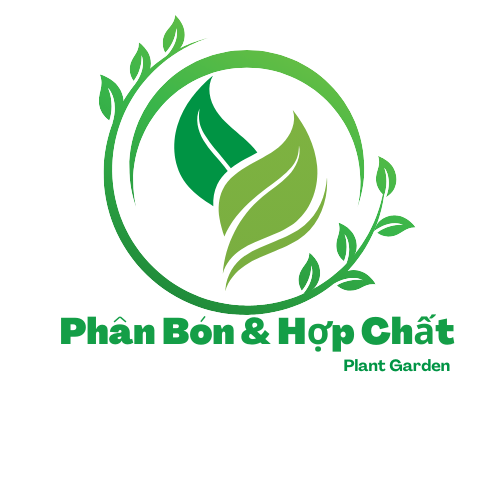Nootropics have emerged as a buzzword in the world of mental performance. Whether you’re a student pulling all-nighters, a professional juggling deadlines, or simply someone chasing peak productivity, nootropics offer to sharpen your mind.
So, what are nootropics really? They’re substances—natural or synthetic—that are believed to improve cognitive function. Focus, memory, creativity, motivation—all these may get a boost
## Main Categories of Cognitive Enhancers
Let’s unpack the main types of nootropics:
### Plant-Based Enhancers
These include naturally occurring compounds that can boost cognition. Think of Ginkgo Biloba, Bacopa Monnieri, Rhodiola Rosea, Ashwagandha. These are known for helping with memory, reducing brain fog, and calming the nervous system.
One cool example: Lion’s Mane, which helps rebuild nerve cells in your brain.
### Pharmaceutical Nootropics
This is where things get clinical: Modafinil, Piracetam, Noopept, and similar. They were originally created for medical conditions like dementia and ADHD.
Modafinil, for instance, is used to promote wakefulness, but it’s also used off-label to stay hyper-focused for hours.
### Brain-Healthy Nutrients
Some nutrients are directly linked to better cognitive performance. Key players here include Omega-3s, vitamin D, B12, and N-Acetyl L-Tyrosine. Even dehydration or lack of electrolytes can dull your cognition.
## How They Affect the Brain
Let’s talk chemistry Some improve cerebral blood flow, others enhance synaptic plasticity. This can result in better concentration, faster recall, and a sharper mind.
Acetylcholine is the big shot here—it’s key for memory and learning.
## Why People Use Them
Here’s what users report:
– Faster recall
– Less procrastination
– Good vibes with productivity
– Faster learning
– Calmer under pressure
Results vary from person to person, but many report a mental edge that’s hard to ignore.
## What to Watch Out For
Let’s talk risks. Too much of a good thing can fry your circuits. Synthetic nootropics, especially, should be used with caution.
There’s a lot of snake oil out there. If it sounds too good to be true, it probably is.
## Combining for Maximum Effect
A popular practice is stacking—combining multiple nootropics for synergistic effects. Examples include:
– **Caffeine + L-Theanine**: Like espresso with a meditation app
– **Modafinil + Alpha GPC**: Hardcore productivity combo
– **Bacopa + Rhodiola + Lion’s Mane**: Balanced, plant-powered stack
Too lazy to mix powders? There are ready-to-go nootropic blends available.
## Nootropics in Real Life
You’d be surprised who’s popping these pills. Common users include:
– Sleep-deprived college kids
– Tech workers and programmers
– Esports players
– Writers, creatives, and musicians
– Boomers fighting brain fog
## Beginner’s Guide
Thinking of trying nootropics? Follow these steps:
1. **Start small**: Ease into it
2. **Research thoroughly**: Don’t rely on marketing
3. **Cycle your usage**: Take breaks to avoid tolerance
4. **Track your results**: Use a journal or app
5. **Talk to a doctor**: Don’t wing it if you have health conditions
## Wrap-Up
Are they miracle drugs? No. But are they helpful? Potentially.. Used responsibly, they may be the edge you’ve been looking for.
So, are you ready to hack your brain?
Read more: omeka.net (best nootropics cognitive enhancers)

